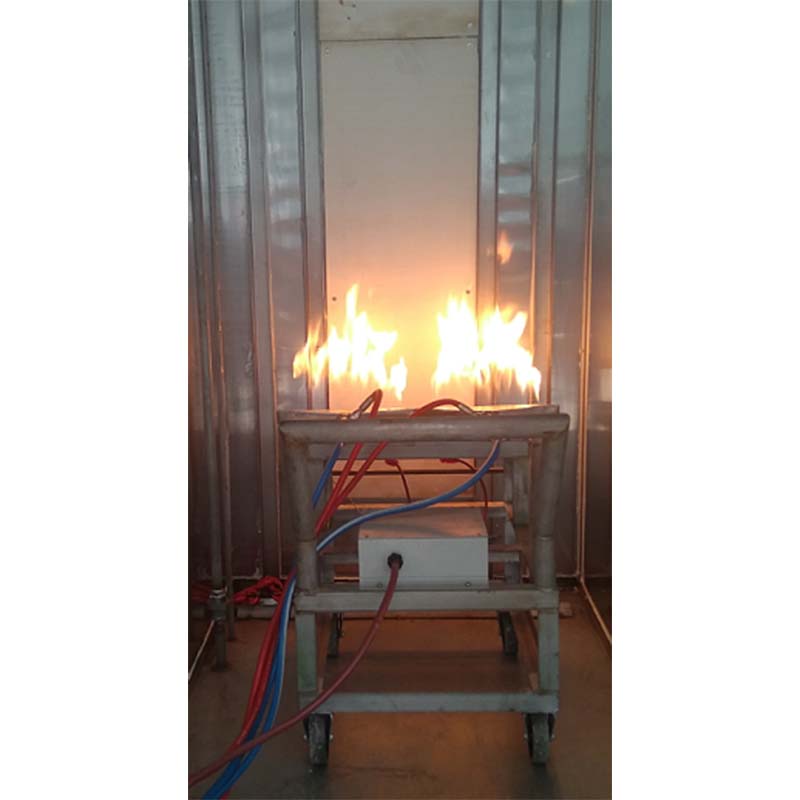Tailored Insulation Resistance Tester Calibration for Accurate Performance Evaluation
Custom Calibration for Insulation Resistance Testers Ensuring Precision and Reliability
Insulation resistance testers are essential tools used in various industries to evaluate the integrity of electrical insulation. These testers measure the resistance offered by insulating materials to electric current, helping identify potential failures in electrical systems that could lead to malfunctions or hazards. However, the accuracy of these measurements can only be guaranteed through proper calibration. Custom calibration is a vital process that ensures insulation resistance testers deliver precise and reliable results, tailored to specific operational needs.
Understanding Insulation Resistance Testing
Insulation resistance testing is a critical procedure in the maintenance of electrical equipment. It provides insight into the condition of insulation materials, aiding in proactive maintenance and risk management. High insulation resistance values indicate good condition, while low values can signify deterioration, moisture ingress, or contamination. These tests are often performed on motors, transformers, cables, and switchgear, highlighting the importance of accurate measurements.
The Importance of Calibration
Calibration involves adjusting the tester's output to match a known standard. This process accounts for potential discrepancies that may arise from environmental conditions, equipment wear, or manufacturing tolerances. Regular calibration is crucial not only for compliance with industry standards but also for ensuring safety in the workplace. An uncalibrated tester can provide false readings, leading to incorrect assessments and potentially dangerous situations.
Custom Calibration A Tailored Approach
Custom calibration goes a step further by addressing the specific requirements of individual users or applications. Different environments and conditions can affect measurement accuracy, necessitating a unique calibration approach for each scenario. For example, an insulation resistance tester used in a high-voltage environment may require different calibration standards compared to one used in a lower voltage setting. Custom calibration takes into consideration factors such as temperature, humidity, and electrical characteristics to create a more comprehensive calibration process.
custom calibrate insulation resistance tester

Key Steps in Custom Calibration
1. Assessment of Requirements The first step in custom calibration is assessing the operational environment and specific needs of the user. This may involve discussions with the end-user to understand their testing conditions and criteria. 2. Equipment Setup Proper setup of the calibration equipment is essential. This involves selecting the right reference standards that align with the user’s requirements and ensuring that the environment is controlled for accurate results.
3. Calibration Procedure The calibration procedure itself involves running tests at various resistance levels. The readings from the insulation resistance tester are compared against known standards to determine any deviations.
4. Documentation After completing the calibration, detailed documentation is provided, outlining the calibration process, results, and any adjustments made. This documentation is crucial for quality assurance and future reference.
5. Ongoing Maintenance and Recalibration To maintain accuracy, insulation resistance testers should undergo regular calibration and maintenance checks. Establishing a timeline for recalibration ensures that the equipment remains reliable throughout its operational life.
Conclusion
Custom calibration of insulation resistance testers is crucial for ensuring their accuracy and reliability in a variety of applications. By tailoring the calibration process to the specific needs of users, businesses can enhance their predictive maintenance strategies, minimize risks, and ensure compliance with industry standards. Ultimately, investing in custom calibration services not only extends the life of electrical insulation but also promotes a safer working environment. In an era where precision and safety are paramount, adequate calibration practices cannot be overlooked.
-
The Role of Tensile Force Testers in Quality Control and Material Science
NewsAug.01,2025
-
Maintenance and Safety Tips for Aging Ovens
NewsAug.01,2025
-
Density Balance in Forensic Science
NewsAug.01,2025
-
Advanced Optical Measurement Technologies
NewsAug.01,2025
-
A Buyer’s Guide to Tensile Test Machines
NewsAug.01,2025
-
Why the Conductor Resistance Constant Temperature Measurement Machine Redefines Precision
NewsJun.20,2025
 Copyright © 2025 Hebei Fangyuan Instrument & Equipment Co.,Ltd. All Rights Reserved. Sitemap | Privacy Policy
Copyright © 2025 Hebei Fangyuan Instrument & Equipment Co.,Ltd. All Rights Reserved. Sitemap | Privacy Policy
